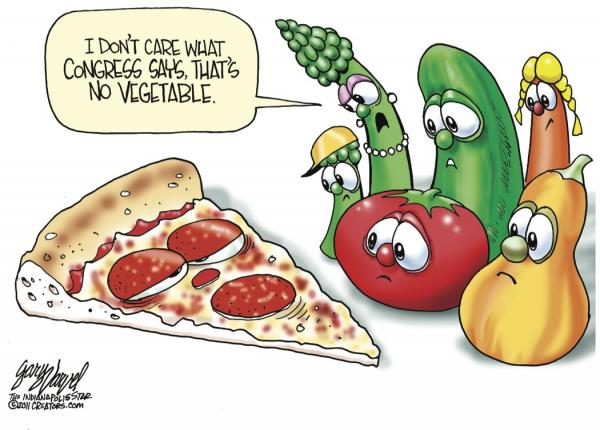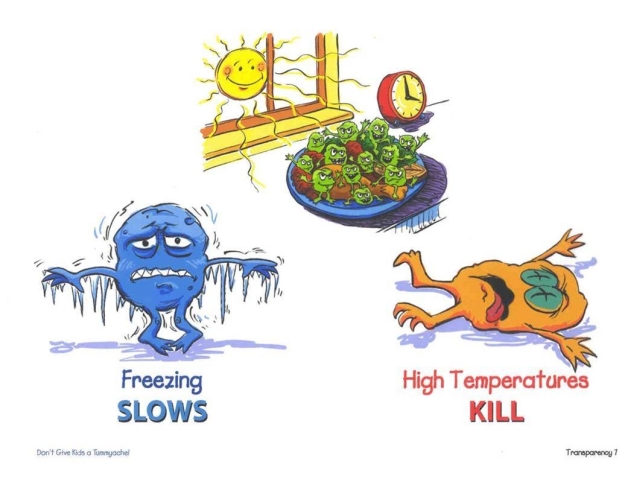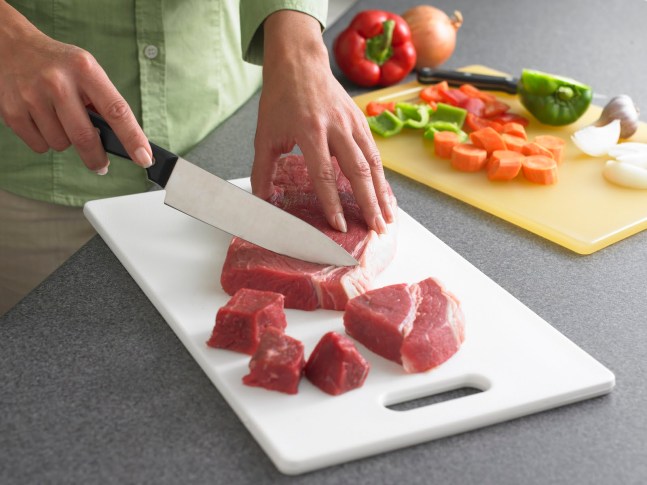How often do we opt for packed food from convenient stores or food from roadside cafes? I bet almost every lunch hour, usually blamed on the short lunch break or the inconvenience of carrying your own packed meal.
We have no idea how either of those foods are prepared or even stored before we consume them.Why would this be a cause for alarm you would ask? Well at some point in our lives we have experienced an episode of food poisoning either from food prepared at home,from that favourite lady that cooks by the roadside or even the ‘fresh’ food from the supermarkets.

Food poisoning is a disease caused by consuming contaminated food.This contamination might be as a result of certain,bacteria,viruses,parasites or chemicals(toxins).According to emedicinehealth, the most common pathogens responsible for food poisoning include;
- Noroviruses
- Salmonella
- Campylobacter
- Clostridium perfringens
- Escherichia coli (E.coli)
- Toxoplasma gondii
Signs and Symptoms
The symptoms of food poisoning usually begin within one to two days of eating contaminated food, although they may start at any point between a few hours and several weeks later.
The main symptoms include:
- Nausea
- Vomiting
- Diarrhea which may contain blood or mucus
- Stomach cramps and abdominal pains
- Lack of energy and weakness
- Loss of appetite
- High temperature (fever)
- Aching muscles and chills
In most cases, these symptoms will pass in a few days and you will make a full recovery.
See a doctor if:
- Your symptoms are severe – for example, if you’re unable to keep down any fluids because you are vomiting repeatedly
- You have symptoms of severe dehydration, such as confusion, a rapid heartbeat, sunken eyes and passing little or no urine
- You’re pregnant
- You’re over 60
- Your baby or young child has suspected food poisoning
- You have a long-term underlying condition, such as inflammatory bowel disease (IBD), heart valve disease, diabetes or kidney disease
- You have a weak immune system – for example, because of medication, cancer treatment or HIV
It is possible to get food poisoning from food prepared at the comfort of our homes.The National Health Service (NHS) outlines the following as causes of food poisoning;
- Not cooking food thoroughly (particularly meat)
- Not correctly storing food that needs to be chilled below at 5c
- Leaving cooked food for too long at warm temperatures
- Not sufficiently reheating previously cooked food
- Eating food that has passed its ”use by” date
- Someone who is ill or has dirty hands touching the food
- The spread of bacteria through contaminated foods (cross -contamination)
Cross-contamination can occur, for example, if you prepare raw chicken on a chopping board and don’t wash the board before preparing food that won’t be cooked (such as salad), as the harmful bacteria can be spread from the chopping board to the salad.
It can also occur if raw meat is stored above ready-to-eat meals and juices from the meat drip on to the food below.
Foods particularly susceptible to contamination if not handled, stored or cooked properly include:
- Raw meat and poultry
- Raw eggs
- Raw shellfish
- Unpasteurized milk
- “Ready-to-eat” foods, such as cooked sliced meats, soft cheeses and pre-packed sandwiches
Preventing Food Poisoning
Good news is,food poisoning can be prevented by maintaining high standards of personal hygiene when storing,handling and preparing food.
The Food Standards Agency (FSA) recommends remembering the “four Cs”
- Cleaning
- Cooking
- Chilling
- Cross-contamination(avoiding it)
It’s also recommended that you stick to a food’s “use by” date and the storage instructions on the packet.
These steps are important because things such as a food’s appearance and smell aren’t a reliable way of telling if it’s safe to eat.

Cleaning
You can prevent the spread of harmful bacteria and viruses by maintaining good personal hygiene standards and keeping work surfaces and utensils clean.
Regularly wash your hands with soap and warm water, particularly:
- After using the washroom or changing a baby’s diaper
- Before preparing food
- After handling raw food
- After touching bins or pets
You shouldn’t handle food if you are ill with stomach problems, such as diarrhea or vomiting or you have any uncovered sores or cuts.

Cooking
It’s important to cook food thoroughly, particularly meat and most types of seafood, to kill any harmful bacteria that may be present.
Make sure the food is cooked thoroughly and is steaming hot in the middle. To check that meat is cooked, insert a knife into the thickest or deepest part. It is fully cooked if the juices are clear and there is no pink or red meat. Some meat, such as steaks and joints of beef or lamb, can be served rare (not cooked in the middle), as long as the outside has been cooked properly
When reheating food, make sure it is steaming hot all the way through. Don’t reheat food more than once.

Chilling
Certain foods need to be kept at the correct temperature to prevent harmful bacteria from growing and multiplying. Always check the storage instructions on the label.
If food has to be refrigerated, make sure your fridge is set to 0°c–5° c
If food that needs to be chilled is left at room temperature, bacteria can grow and multiply to dangerous levels.
Cooked leftovers should be cooled quickly, ideally within a couple of hours, and put in your fridge or freezer.

Cross-contamination
Cross-contamination is when bacteria are transferred from foods (usually raw foods) to other foods.
This can occur when one food touches or drips onto another food, or when bacteria on your hands, work surfaces, equipment or utensils are spread to food.
To prevent cross-contamination:
- Always wash your hands after handling raw foods
- Store raw and ready-to-eat foods separately
- Store raw meat in sealable containers at the bottom of your fridge so that it cannot drip onto other foods
- Use a different chopping board for raw food and ready-to-eat food, or wash it thoroughly in between preparing different types of food
- Clean knives and other utensils thoroughly after using them with raw food
- Do not wash raw meat or poultry – any harmful bacteria will be killed by thorough cooking, and washing may splash harmful bacteria around the kitchen
An ounce of prevention is worth a pound of cure,brood over that.
Great advice this will hlp prevent a lot of future food poisoning incidences
LikeLike
Glad i could be of help 🙂
LikeLike
Very insightful piece and important pointers on how to avoid food poisoning
LikeLike
thank you.
LikeLike